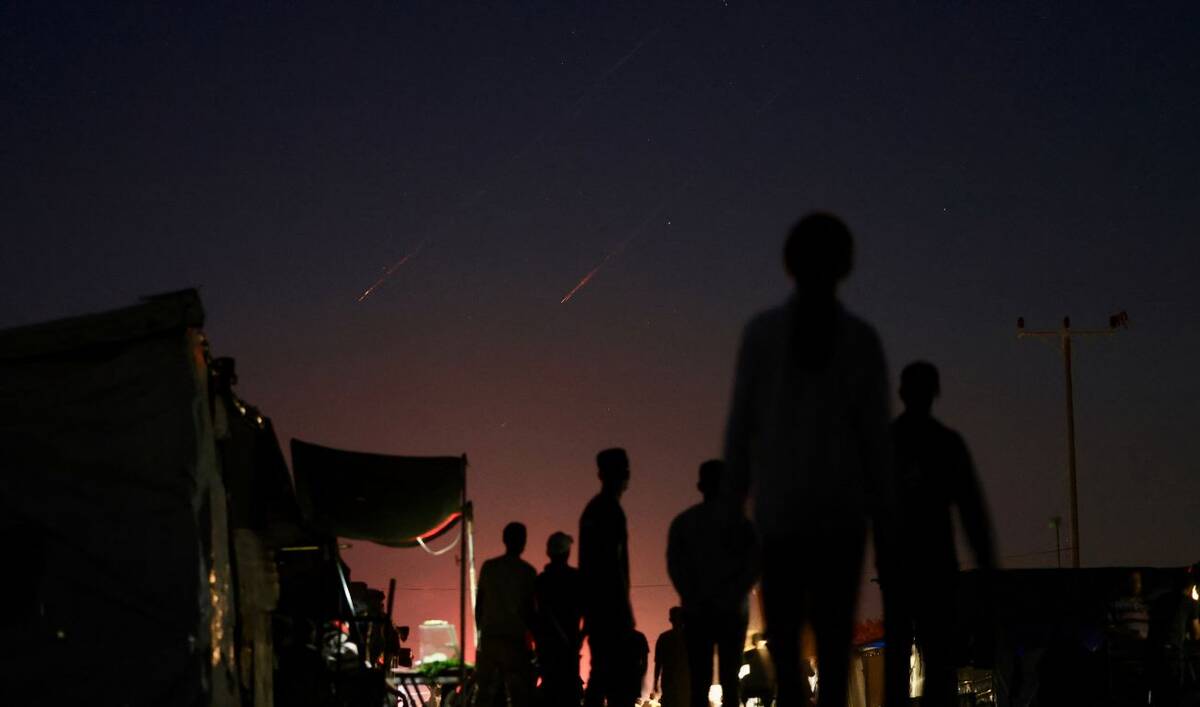ISLAMABAD: In a key development for Pakistan’s information technology (IT) and communication sector, Amazon’s Low Earth Orbit (LEO) satellite initiative, Project Kuiper, plans to launch satellite broadband services in the country by the end of 2026, the Ministry of IT said on Thursday.
The company’s satellite broadband venture will not be the first of its kind in Pakistan, as limited connectivity already exists through the country’s space agency SUPARCO’s PakSat-1R and a few private providers serving remote areas.
Once operational, Kuiper will be among the first large-scale global LEO satellite networks to enter Pakistan, promising faster speeds, wider coverage, and more affordable access compared to existing services.
“Amazon’s Low Earth Orbit (LEO) satellite initiative, Project Kuiper, shared its plans to launch satellite broadband services in Pakistan by the end of 2026,” the IT ministry said in a statement, adding this significant development in country’s digital landscape followed a strategic meeting between the Federal IT Minister Shaza Fatima Khawaja, and a delegation from Amazon’s Project Kuiper.
The statement said the project, which represents a multi-billion-dollar global investment, was designed to expand high-speed Internet access worldwide, particularly in underserved and remote areas.
“Project Kuiper’s entry into Pakistan is a step forward in advancing digital inclusion and strengthening our connectivity ecosystem,” Khawaja was quoted in the statement.
She emphasized that these investments align with the government’s vision of building a Digital Nation Pakistan where every citizen, regardless of geography, has access to fast, affordable and secure Internet services.
The IT ministry said the Kuiper team expressed its intent to establish ground infrastructure in Pakistan, including gateways and points of presence, to support reliable connectivity and seamless integration with the country’s digital ecosystem.
With a constellation of up to 3,236 satellites, Project Kuiper aims to deliver high-performance broadband, offering speeds up to 400 Mbps through affordable terminals, the statement added.
“The collaboration is expected to create new opportunities for Pakistan’s IT sector by enhancing connectivity, supporting innovation and bridging the digital divide,” the ministry said.
Industry professionals and stakeholders welcomed the announcement, saying the project will enhance connectivity, boost freelancing and support growth in the country’s IT and digital export sectors.
“If affordable high-speed satellite Internet becomes available, it could significantly improve connectivity, particularly in remote areas,” Muhammad Zohaib Khan, former Chairman of Pakistan Software Houses Association (P@SHA), told Arab News.
He described high-speed Internet as the backbone of Pakistan’s IT exports, noting that while the world is moving toward 5G technology, Pakistan still lacks complete 4G coverage.
Khan explained these technologies rely on frequency availability, and currently, only 274 megahertz is allocated in Pakistan, while in comparison, Bangladesh, also a developing country, has allocated more than 500 megahertz.
“Many freelancers work from their hometowns and villages, and better Internet access there would enable more people to participate in online work,” he said, adding that this advancement would also support the expansion of e-commerce and digital services, allowing individuals from far-flung regions to join the digital economy.
“Improved connectivity could help uncover hidden talent in areas such as South Punjab, interior Sindh and Balochistan,” he added.
Nadeem Nasir, former manager communication at Ignite National Technology Fund said Project Kuiper’s satellite broadband can help connect Pakistan’s remote communities with reliable and high-speed Internet.
“This will bring education, health care and job opportunities within reach,” he told Arab News.
“By linking rural users to the digital economy and strengthening online work potential, it can accelerate socio-economic inclusion and bridge the connectivity gap that has long limited growth beyond urban centers,” he added.
Internet speeds in Pakistan have dropped by up to 40 percent during later part of the last year, according to the Wireless and Internet Service Providers Association of Pakistan (WISPAP), as the federal government last year moved to implement a nationwide firewall to block malicious content, protect government networks from cyberattacks and allow authorities to identify IP addresses associated with what it called “anti-state propaganda” and “terror attacks.”
Pakistan suffered a total of $1.62 billion in losses due to Internet outages and social media shutdowns in 2024, according to a recent report by global Internet monitor Top10VPN.com, surpassing losses in war-torn countries like Sudan and Myanmar.
The report, released on Jan. 2, said Pakistan, home to over 240 million people, experienced 9,735 hours of Internet disruptions that affected 82.9 million users, with elections and protests cited as the primary causes. The number of hours represented the cumulative total across all disruptions nationwide, adding up hours of service suspensions in multiple regions where shutdowns overlapped.
P@SHA also warned earlier this year that Internet slowdowns and restrictions on virtual private networks (VPNs) could lead to financial losses and increase operational costs for the industry by up to $150 million annually.

















